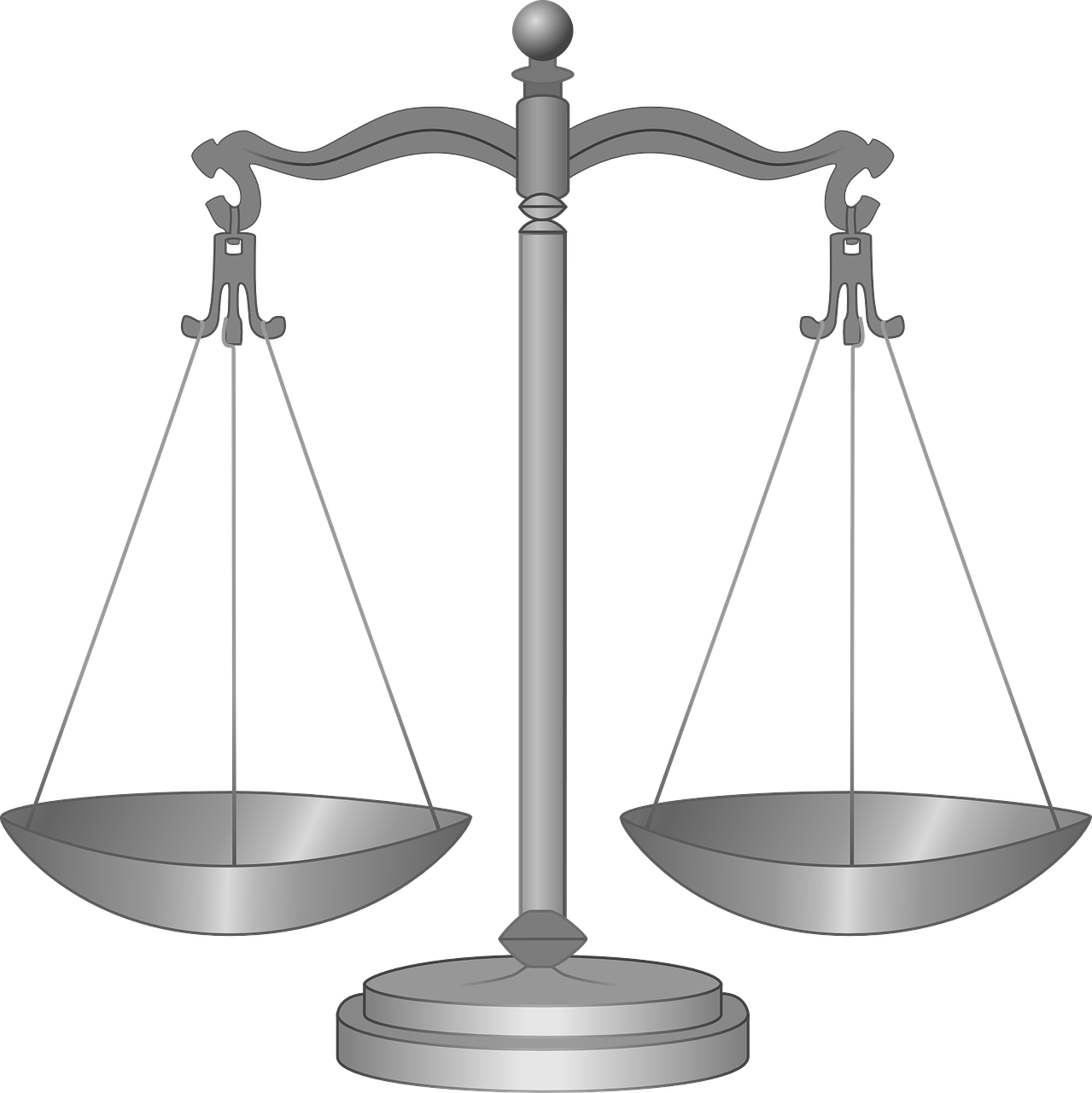November 21, 2013
In the following summaries, religious leaders, scholars and ethicists from 16 major American religious groups explain how their faith traditions’ teachings address physician-assisted suicide, euthanasia and other end-of-life questions. (For an in-depth look at public opinion on end-of-life issues, see “Views on End-of-Life Medical Treatments.” And for an overview of the political, legal and ethical dimensions of the end-of-life debate, see “To End Our Days.”)
Assemblies of God
The Assemblies of God, the largest Pentecostal denomination in the United States, opposes physician-assisted suicide and euthanasia. The denomination teaches that life is a sacred gift and that only God should determine when life ends. “We simply feel that it is not our prerogative to end life,” says Edgar R. Lee, chairman of the church’s Commission on Doctrinal Purity. “God is the giver of life, not us.”
At the same time, the church allows that life need not be sustained at all costs when there is no hope for recovery. “We leave room for people to [reject] artificial means of life support,” Lee says. Indeed, he adds, the church “does not frown on” the use of pain medication to alleviate suffering, “even in cases where it might contribute to hastening death.”
Islam
Islamic teachings oppose physician-assisted suicide and euthanasia. “Muslims believe that life is sacred and comes from God; therefore it is a sin to take life,” says David Stephen Powers, a professor of Near Eastern studies at Cornell University in Ithaca, N.Y.
Islam also teaches that God alone decides how long someone will live and when they will die, according to Ayman Shabana, a visiting fellow at the Islamic Legal Studies Program at Harvard Law School in Cambridge, Mass. “There is this reluctance … to make any kind of decisions that would end life prematurely because it is believed that [these decisions] are solely in the hands of God,” Shabana says.
Islam’s views on such issues as assisted suicide and euthanasia also are influenced by the belief that suffering and other difficulties might be beneficial, Shabana says. “There is this notion that you don’t always know what’s good for you,” he says, “so it may be right that you should go through some kind of difficulty that tests your faith.” Indeed, Shabana says, “in the Islamic tradition, end-of-life suffering is seen as a way to purify previous sins so that by the time you meet God, you do so in a [more pure] state.”
While Islamic thinkers oppose hastening death, they also generally believe that the terminally ill need not employ extraordinary means and technologies to delay dying. “We are basically talking about the difference between a conscious decision to end life, which is wrong, and life ending by itself,” Shabana says, adding that the line between the two is not always clearly defined.
For more information:
Aramesh, K., and Shadi, H. 2007. “Euthanasia: An Islamic Ethical Perspective.” Iranian Journal of Allergy, Asthma and Immunology, volume 6, supplement 5, pages 35-38.
PEW.com: http://www.pewforum.org/2013/11/21/religious-groups-views-on-end-of-life-issues/






